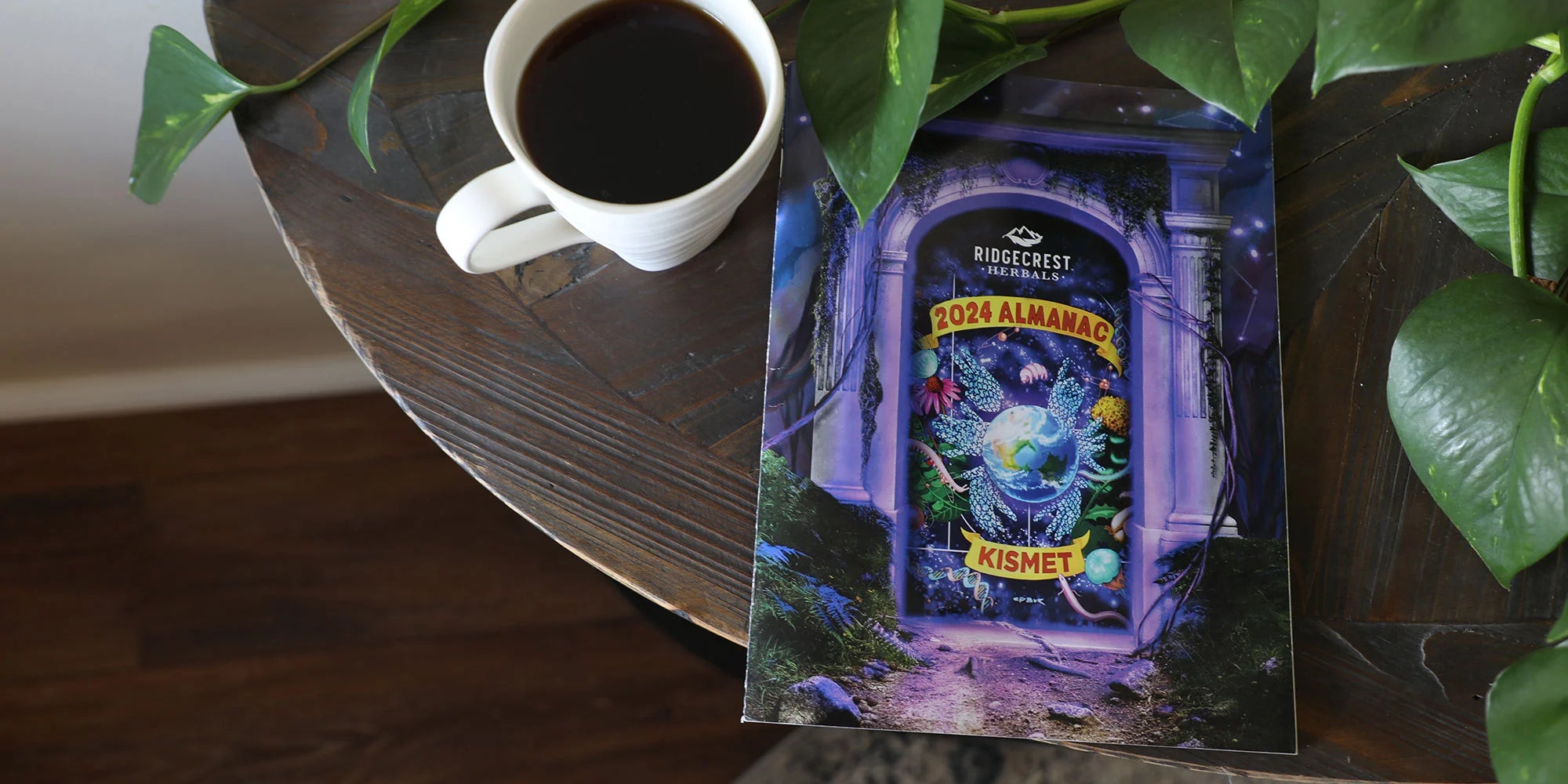When my husband and I moved into our current house six years ago, we underestimated one massive aspect of the property, and the likely reason that the home had been on the market for quite a few months: It had a big, overgrown, 60-year-old yard. Being first-time homebuyers with no gardening experience, we thought, “Hey, no big deal, what's a little yard work, right?" After taking out 2 tons of rocks, jacking out 35 stumps, laying sod, jackhammering out a cracked cement pond, pulling down vines, digging up and rerouting sprinklers, tilling our rootbound soil, and laying over 1000 feet of drip irrigation lines, we were finally ready to grow what we wanted to. It turned out that “a little yard work” was way more work than we ever imagined. We went to bed sore, scraped, and sometimes sunburned. We grunted, grumbled, and cursed while digging, tilling, jackhammering, clipping, and chainsawing.
Why didn't we quit? Because throughout this yard transformation, we were transforming, too. After realizing that something inside me was changing in my outlook toward gardening, I decided to look into whether there was scientific research that would back up what I was experiencing. Turns out, there is plenty! I'll go into a few of the studies, and how their findings align with my own:
Relief of Stress and Anxiety: A 2017 meta-analysis in Preventive Medicine Reports that looked at 22 different case studies concluded that gardening is positively correlated with a reduction in depression and anxiety symptoms. Taking this yard apart and putting it back together gave me a sense of control over something very chaotic when we moved in. It taught me how to break up a giant project, lay it out in a sequence of what has to happen first, and tackle it piece by piece. A new brain imaging study from Duke University shows that engaging the brain to stay busy with problem-solving appears to be a sufficient buffer against debilitating anxiety. Many adults struggle with generalized anxiety because they lack the experience or practice of complex problem-solving. Gardening has definitely helped me to be a better problem solver.
Exercise: The U.S. Department of Health and Human Services recommends that adults get anywhere from 150 to 300 minutes of moderate-intensity exercise a week. Gardening can be a great way of achieving it. According to a Harvard Medical School study, a 125-pound person performing an hour of general gardening activities burns 270 calories. Proper technique is always good to remember - lift with your knees when hauling potting soil bags. Kneeling is better than hunching when planting and weeding and be mindful of drinking plenty of water when working in full sun.
Gaining a Growth Mindset: Stanford psychologist Carol Dweck has spent her career researching the distinction between a “fixed mindset” and a “growth mindset.” A "fixed mindset" assumes that one's character, intelligence, and creative ability are fixed. They can't change in any meaningful way. A “growth mindset” thrives on challenge, and sees failures as a springboard for growth and expanding one's abilities. Gardening is a beautiful way to foster a “growth mindset.” Once I got into the planting phase of my yard, every season yielded triumphs and failures. Some plants thrived, others didn't. Stuff bloomed, other stuff died. One year, a hail storm blew through and destroyed my entire vegetable garden the same week I had planted it. I had planted too early and took the lesson. “S**t happens” sometimes, and you just have to start again. A failure in one part of the garden doesn't mean I quit the whole yard - there's always next season!
Being a Mother: Last year, I gave birth to a beautiful baby girl. While I was pregnant and working in my yard, I often reflected on the lessons that gardening has taught me over the past years that I want to take with me into raising a child. Preparing the space, giving a plant a good start, daily care and nurturing, protection from harsh storms, keeping the weeds down, pruning back unnecessary things to make room for more blossoms, helping those blossoms to get noticed and pollinated, and honoring and valuing the fruit as it comes in, all done with love and patience. These are things that I learned in the garden. Plants and people grow in their own time, and you can't rush mother nature, but you can certainly give them a great space to grow in, and be a loving gardener.
If you are fortunate enough to have a patch of dirt (no matter the size) that you get to call your own, I encourage you to work that earth. The lessons you learn could be the most organic (pun intended) and worthwhile ones of your life.



